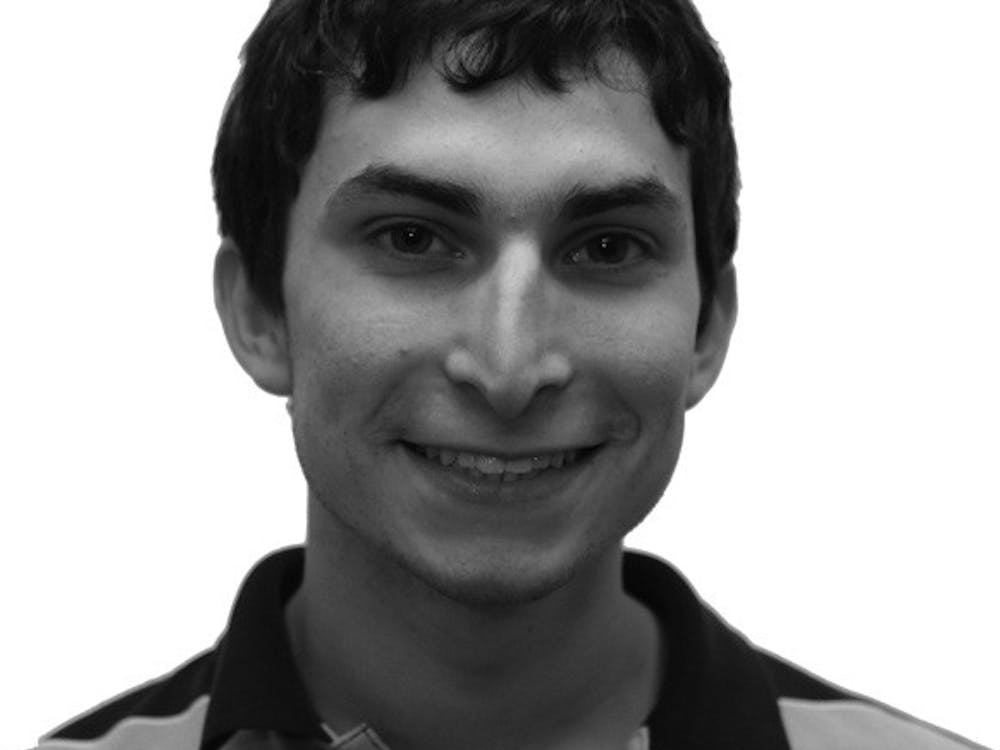Education vs. Athletics: Princeton and the NCAA in 1967
Miles HinsonPrinceton’s dual history as an athletic as well as academic powerhouse is well-documented. Like its fellow Ivy League schools, Princeton promotes the coupling of these two fields, aiming to foster great minds and physical fitness among its students.











